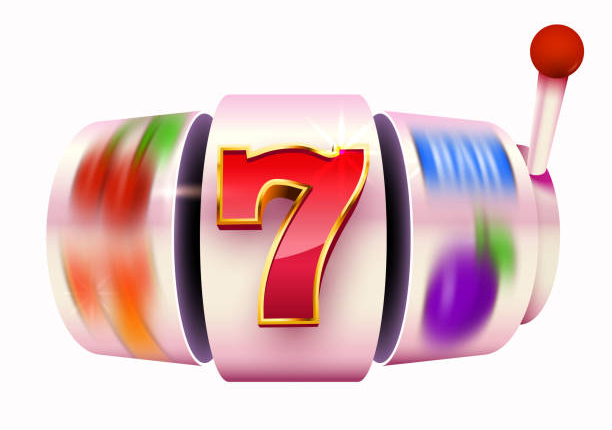Online slot games have become immensely popular in recent years, captivating millions of players around the world with their colorful graphics, exciting gameplay, and the promise of big wins. But what drives people to play these games, and what psychological factors influence their behavior while spinning the reels? In this in-depth exploration, we’ll delve into the fascinating world of online slot psychology, examining the motivations behind players’ behavior, the cognitive processes at play, and the strategies used by game developers to keep players engaged.
The Appeal of Online Slots
One of the primary reasons people are drawn to online slot gacor hari ini is the thrill of uncertainty. Every spin of the reels presents an opportunity to win big or lose it all, creating a sense of excitement and anticipation that keeps players coming back for more. This element of unpredictability triggers the brain’s reward system, releasing dopamine and other neurotransmitters associated with pleasure and excitement, reinforcing the behavior and encouraging continued play.
Escapism and Entertainment
For many players, online slots offer a form of escape from the stresses and pressures of everyday life. The immersive themes, engaging gameplay, and captivating visuals transport players to worlds of fantasy and adventure, providing a welcome distraction from reality. Whether it’s exploring ancient civilizations, embarking on a treasure hunt, or encountering mythical creatures, online slots offer a sense of escapism and entertainment that allows players to temporarily forget their worries and immerse themselves in the game.
The Psychology Behind Slot Machine Design
Slot machine designers employ a variety of visual and audio stimuli to capture players’ attention and create an immersive gaming experience. Bright colors, flashing lights, and catchy sound effects are used to grab players’ attention and keep them engaged. These sensory cues activate the brain’s pleasure centers, enhancing the overall enjoyment of the game and increasing the likelihood of continued play.
Near Misses and False Wins
One of the most potent psychological tricks used in slot machine design is the inclusion of near misses and false wins. Near misses occur when the symbols on the reels almost line up to form a winning combination but fall just short. False wins, on the other hand, occur when the player receives a payout that is less than their original bet, making it seem like a win when, in reality, it is a loss. Both of these phenomena create a sense of near-win or partial reinforcement, tricking the brain into thinking that a win is imminent and encouraging the player to keep playing in pursuit of the elusive jackpot at the daftar sbobet.
The Gambler’s Fallacy
The gambler’s fallacy is a cognitive bias that leads people to believe that future outcomes are influenced by past events, even when they are independent of each other. In the context of slot machines, this can manifest as the belief that a machine is “due” for a win after a series of losses or that a jackpot is more likely to occur because it hasn’t been won in a long time. This irrational belief can lead players to engage in risky behaviors, such as chasing losses or increasing their bets in the hopes of winning big.
Strategies for Responsible Play
One of the most effective ways to avoid falling into the trap of compulsive gambling is to set limits on your gaming behavior and stick to them. This could involve setting a budget for how much money you are willing to spend on slots each week or month, as well as a time limit for how long you will play. Once you reach your limits, it’s important to walk away and resist the urge to continue playing.
Take Breaks and Practice Self-Care
It’s essential to take regular breaks from playing slots and engage in other activities that promote health and well-being. This could involve going for a walk, spending time with friends and family, or pursuing hobbies and interests outside of gambling. Taking breaks and practicing self-care can help prevent burnout and reduce the risk of developing a gambling addiction.
Conclusion
Online slots are more than just games of chance; they are complex psychological experiences that tap into our deepest desires and motivations. Understanding the psychology behind slot machine design and player behavior can help us make informed decisions about our gaming habits and promote responsible play. By setting limits, taking breaks, and seeking support when needed, we can enjoy the thrill of playing slots without falling victim to their addictive potential. Ultimately, the key to enjoying online slots responsibly lies in maintaining a healthy balance and recognizing when it’s time to step away and engage in other aspects of life.

